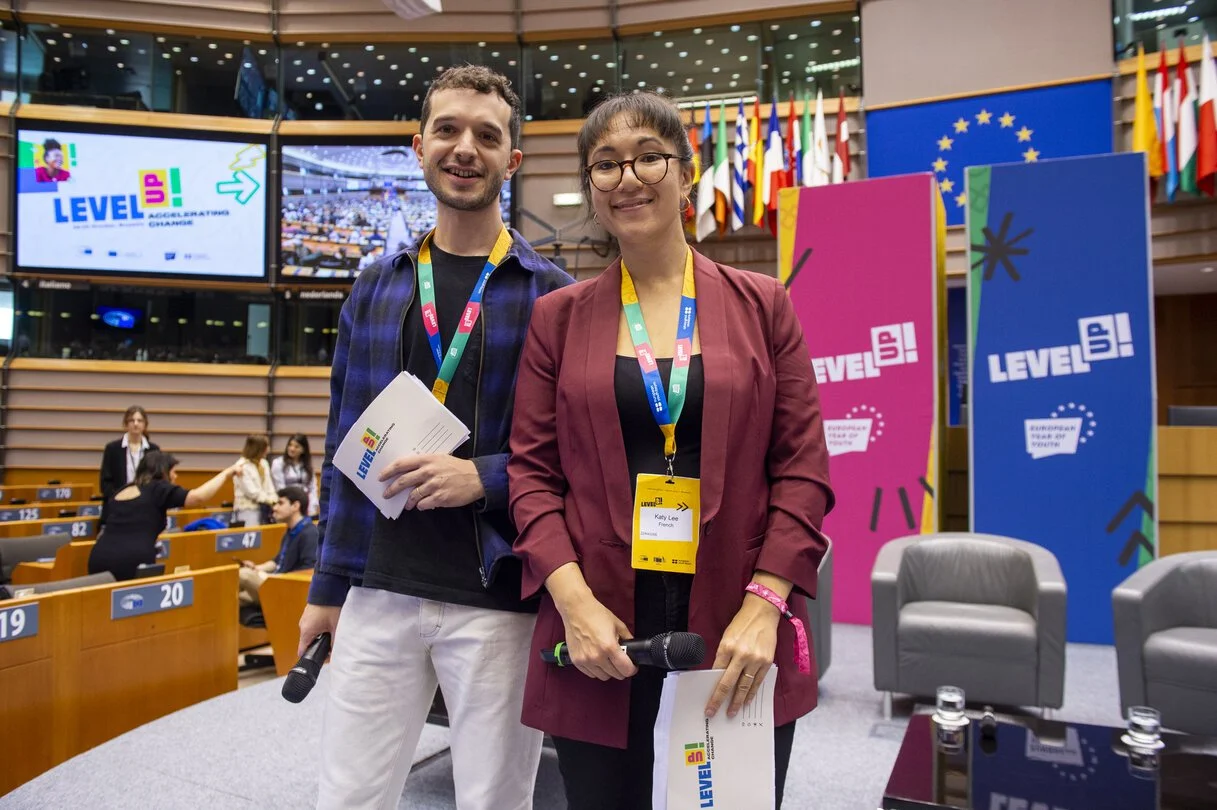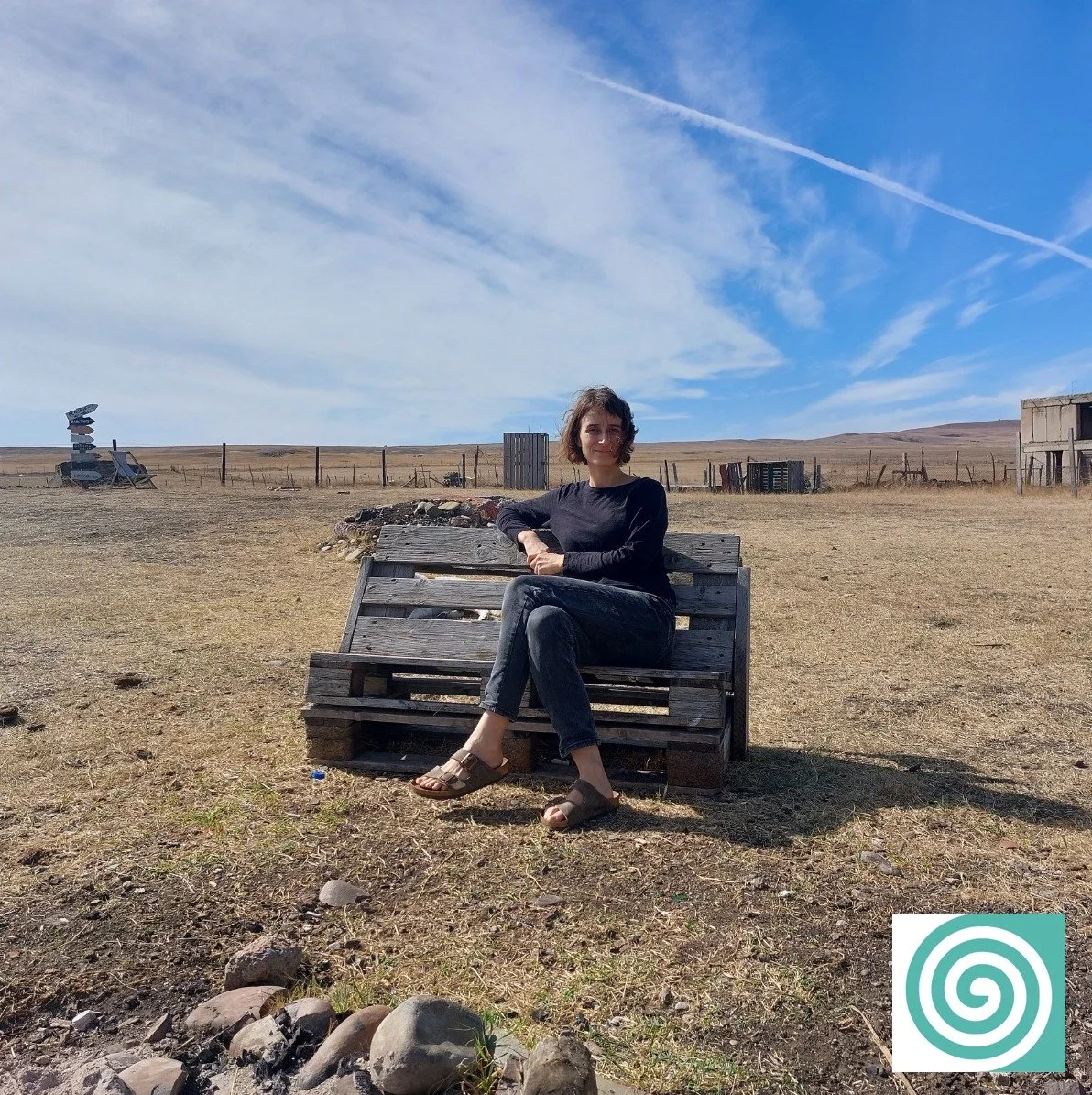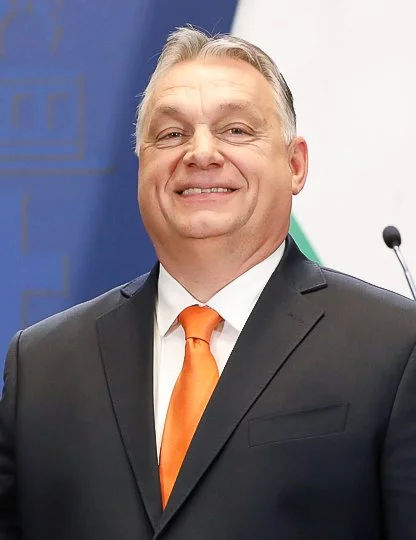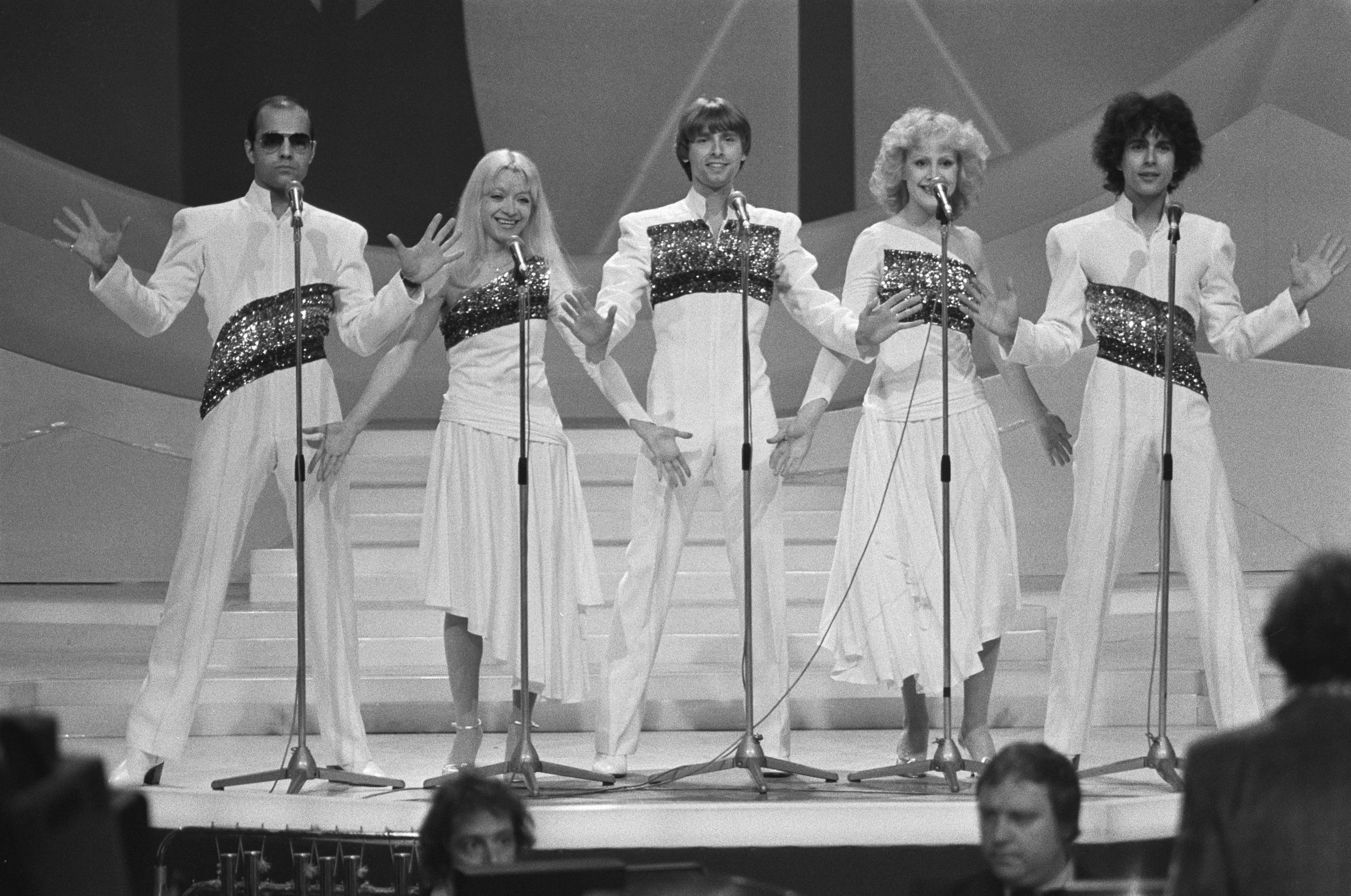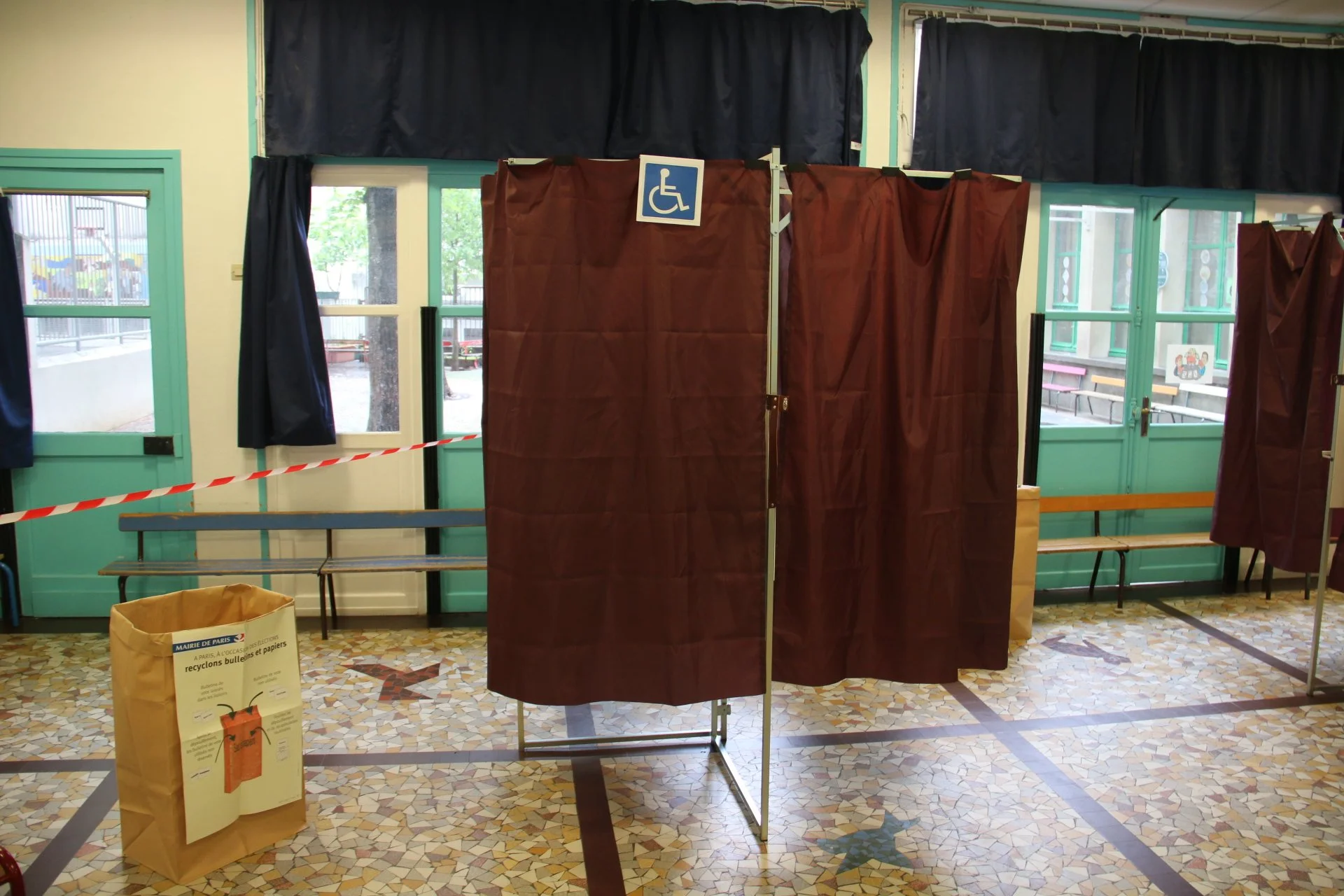The one where we take over the European Parliament
Last weekend, we took over the European Parliament (kind of) along with more than 1,000 young activists from across the continent. This week we hear from some of those activists as well as from President Roberta Metsola, in a conversation recorded live on stage inside the Hemicycle. We're also talking about Germany's plans to legalise cannabis, and how to steal a Polish tram.
Hacked by Hungary
What does it feel like to know that your government has been able to access every single message on your phone? Last year, the Hungarian investigative journalist Szabolcs Panyi found out that he'd been hacked using Pegasus spyware. This week we hear about his latest investigation, which looks at how the Orbán government managed to get hold of this incredibly powerful surveillance tool in the first place. We're also talking about last weekend's mysterious German train sabotage and growing European protests against World Cup hosts Qatar.
Golden passports, anal beads, and the world's most complicated elections
With fourteen governments and a three-person presidency, Bosnia and Herzegovina's political system is often described as the most complicated in the world. It's a system that was designed to keep the peace after a devastating war. But three decades on, is it still working? This week we give Aleksandar Brezar the near-impossible task of untangling the weekend's elections for us. We're also talking about Malta's golden passports and a chess scandal involving anal beads. Yes, you heard that correctly.
What the hell just happened in Italy?
This week saw a political earthquake in Italy — albeit one that had been widely predicted. With Giorgia Meloni's far-right Brothers of Italy poised to lead the new government, just how scared should we be? We ring up the philosopher Lorenzo Marsili to help us understand what just happened. We're also talking about fair pensions for Swiss women, and a Spanish lagoon that can now call itself a person.
The joys of the early internet
Between those of us who grew up before the internet and those who've never known a world without it, there's a generation of people who came of age *with* the web. This week we chat to the French-Moroccan journalist Marie Le Conte about 'Escape', a book that reflects on the vibrant, chaotic days of the early internet and what has changed since then. We're also talking about Viktor Orbán's money woes and why psychiatrists in Brussels are prescribing museum visits for mental health.
Episode 200! Sweden's elections and a guy who used to run a country
We're back after our summer break, and celebrating a milestone this week: our 200th episode! To mark the occasion, we're joined by a special guest, former Finnish prime minister Alexander Stubb. We're also talking about Sweden's election, an ill-advised decision by Bosnian football bosses, and how sheep can help to fight forest fires.
Bad laws and feta wars
In the final episode before our summer break, we dive into a cheese-based conflict between Greece and Denmark and a homophobic Hungarian law that is finally being challenged by the EU in court. Plus, we ring up Una Hajdari, roaming reporter in the Western Balkans, to try to untangle why North Macedonia has had such a rough ride on its path to EU membership.
Farmers, fossils and files
Russia's assault on Ukraine is driving a global food crisis, and there are calls for Europe to dramatically increase its own supplies in response. But can we do that without damaging the environment? This week we speak to former EU environment commissioner Janez Potočnik about how to ensure our food security without sacrificing ambitious climate and biodiversity plans. We're also talking about the #UberFiles, Slovenia's move to legalise same-sex marriage, and an extremely old Spaniard.
The bigger the better?
Ukraine and Moldova have been granted candidate status to join the EU. It's a major moment in the messy process of knitting this continent together — but is a bigger European Union automatically a better one? This week we chat to Dr. Ilke Toygür about what this all means for Ukraine, Moldova and the EU itself. We're also talking about Venice's new entry fee for day-trippers, sexy Swedish waste disposal, and why Greece and Turkey are fighting over a made-up word.
Your Face Looks Familiar
More and more European police forces are using facial recognition technology. Under an EU proposal they'd be able to share access to the millions of images they've collected – creating what critics say amounts to one of the most extensive biometric surveillance systems in the world. This week we speak to Domen Savič, head of Slovenian digital rights NGO Državljan D (Citizen D), about the tricky balance between fighting crime and protecting our privacy. We're also talking about Seville's plans to name its heatwaves and the French response to the US Supreme Court's abortion ruling. Plus, a recording of Dominic's doorbell disaster.
It takes more than two, baby
When Remco Yizhak Cooremans moved home to the Netherlands after many years abroad, the authorities told him something shocking: his son wasn't legally his son. This week, we hear about Dutch plans to bring the law up to date with the realities of 21st-century parenting. We're also talking about Roman trash and minimum wages you can actually live on.
What is Orbán playing at?
In the EU's complicated efforts to present a united front on Ukraine, Viktor Orbán stands out like a sore thumb. Why is Orbán cosying up to Vladimir Putin? This week, we catch up with longtime Orbán-watcher Viktória Serdült on what game the Hungarian leader might be playing. We're also talking about the toxic row engulfing Germany's documenta fifteen festival, and a gamechanger for annoying customer service calls in Spain.
Moldova’s Propaganda Problem
Moldova represents a prime example of social media giants' failure to tackle disinformation in smaller and less wealthy countries — in this case, with hugely dangerous potential consequences. This week we speak to civil society activist Diana Filimon about the propaganda war that Russia has been waging in countries neighbouring Ukraine. We're also talking about Germany's €9 transport experiment, the morality of a lockdown for cats, and scallop discothèques.
Solar-Powered Scrolling
Kris de Decker's balcony in Barcelona is nice and sunny. Which is just as well, because a website depends on it. This week we chat to Kris, co-founder of Low-Tech Magazine, about why he built a solar-powered website and how human history can inspire modern environmental solutions. We're also talking about foie gras, faux gras, and bringing EU and non-EU Europe together.
Doctor Eurovision
We know, we know, not everyone loves Eurovision — but we think you'll enjoy this week's interview even if you're not as nuts about the annual celebration of euro-kitsch as we are. Dr Dean Vuletic is the world's pre-eminent Eurovision historian, and we were delighted to talk to him about how the contest came into being and why it's always been so political. We're also talking about the EU's Russian oil embargo, a row over WWII reparations in 2022, and a first for wind power in the Mediterranean.
Can the EU fix fast fashion?
Every year, Europeans chuck away millions of tons of clothing. The EU has a new plan to tackle the huge environmental impact of the fashion and textile industry — but can it make a difference? We asked the model and activist Nimue Smit to take a look. We're also talking about the UK's extremely controversial plan to send asylum seekers to Rwanda, and a legal leap forward for Spain's single parents.
Katy went to Le Pen's party so you didn't have to
Iiiiit's French election week! Katy spent the big night at Le Pen HQ. This week, in a Europeans first, Dominic and Katz turn the microphone on our resident French person to ask: what just happened? And could Marine Le Pen really become France's first far-right president?

